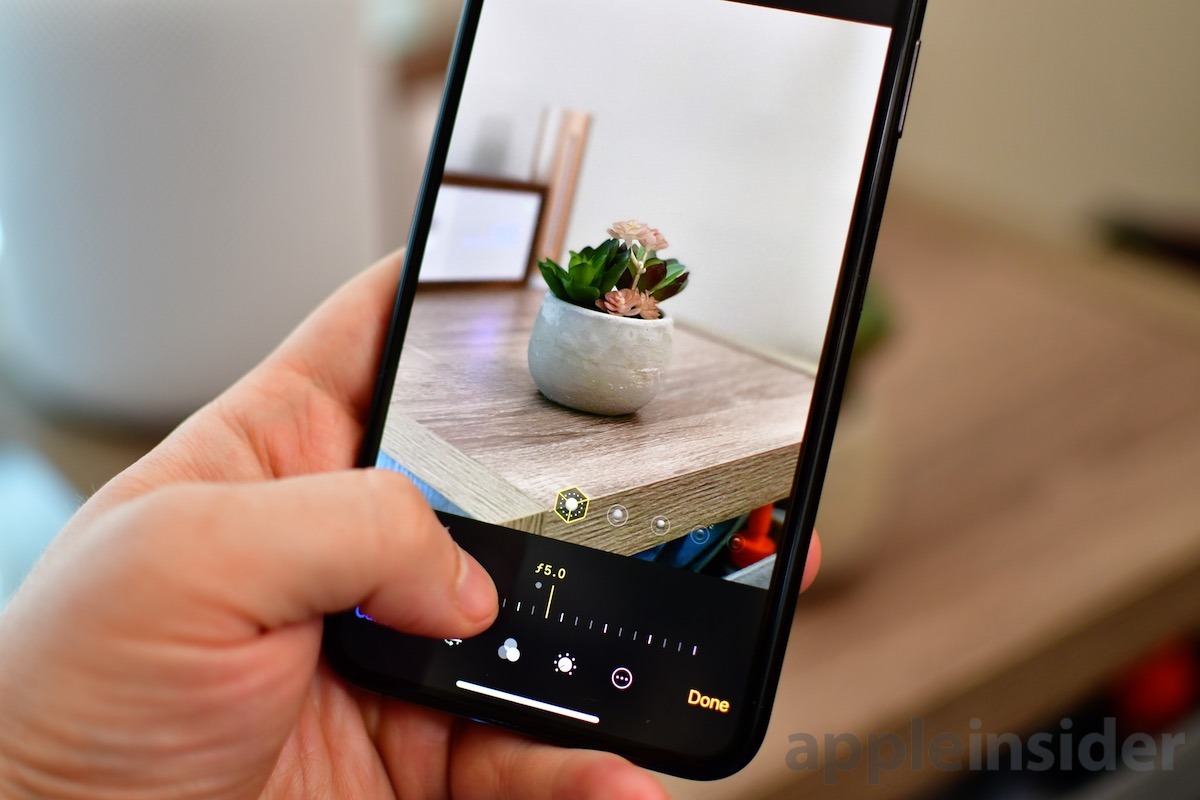The entire smartphone industry may be under a great deal of strain in 2019, with the biggest impact felt at the higher end as manufacturers like Apple and Samsung are poised to take a big hit, assuming a market analysis by J.P. Morgan is correct.
"We expect iPhone unit[s] to decline by double digits y/y [year-over-year] in 2019, due to prolonged replacement cycles and lackluster demand in China," the firm wrote in a note seen by AppleInsider. December-quarter smartphone shipments in China are estimated to be down 20 percent versus the same time a year ago, and the overall industry is predicted to see sales shrink between 4.8 and 5.5 percent this year, compounding a 2.9 to 3.3 percent loss in 2018.
A recovery isn't anticipated until 2020, when more 5G phones should be available, prompting people to upgrade for faster internet speeds. Even then the industry's growth rate is now forecast at 0.9 percent instead of 1.9 percent.
Apple's primary competition, Samsung, is expected to see its own shipments fall in 2019 in the low single digits. One advantage it has is a willingness to build affordable low- and mid-range phones, albeit dramatically sacrificing profit margins in the process.
The smartphone market is seen growing in places like India, Africa, and the Middle East, but sagging in China. It could fall 13 percent in 2019, only marginally better than last year's 13.5 percent.
In announcing a $5 billion revenue shortfall for the December quarter, Apple CEO Tim Cook primarily blamed weak Chinese iPhone sales, but also factors like "foreign exchange headwinds," "economic weakness in some emerging markets," and 2018 battery discounts meant to apologize for throttling iPhone performance. Earlier this month Cook revealed that about 11 million batteries were swapped during the repair program — as much as 11 times what Apple had planned for.
Problems in the Chinese market stem from a combination of factors, including the rise of local brands like Huawei and Xiaomi, which now have quality devices selling for hundreds less than iPhones. Apple simultaneously raised its prices even higher, starting its cheapest new model — the iPhone XR — at $749 in the U.S. That translates to a very costly sum in China, where iPhones were already sometimes as much as a person's monthly salary.
The memo conflicts with the opinion of former Apple retail head Ron Johnson, who earlier today said he "can't imagine a better buy for your portfolio for the next decade," and that iPhone sales should rebound in 2019.
 Roger Fingas
Roger Fingas







-m.jpg)






 Marko Zivkovic
Marko Zivkovic
 Christine McKee
Christine McKee
 Andrew Orr
Andrew Orr
 Andrew O'Hara
Andrew O'Hara
 William Gallagher
William Gallagher

 Mike Wuerthele
Mike Wuerthele
 Bon Adamson
Bon Adamson




-m.jpg)



23 Comments
"Bleak smartphone industry"? That's awfully general. How about "Weaker sales of new smartphones" instead? It's not like there isn't already millions of smartphones in use that many companies are benefiting from month after month. The overall industry is very healthy.
Where i’m standing it does look like a downturn is coming. The housing industry has stalled, the auto looks the same, and electronics are getting there.
The source of the problem is the feud with China. I’m all for enforcing IP rights and protecting IP, but the lack of progress is alarming.
We truly have a global economy, and while China discourages investment in China, they do purchase a shit-ton of foodstuffs. Our farmers are struggling to find other markets. A lot of these can’t be fixed by crop rotation, the farmers have made long term investments (take a look at how long it takes to grow citrus tree or nut bearing trees. These guys are getting @#$’d by politics...
Increased China “inspections” are causing food to spoil before getting to market (for example), and farmers have to grin and bear it.
Anyways, for Apple they’re being slowing shut out of one of their key growth markets. That said, most of this is “priced in” if you want to place a good bet I’d wait for a P/E of 10, at that point there’s little downside risk and tons of upside.
“bleak” ? How about calling it “normalized” due to market saturation ? Many future phones may be bought when a user wants or needs one but not just because a new model comes out every year like clockwork.
Time for Cook and his sidekick Schiller to be replaced. Their time has come and gone. Apple needs a true visionary and not another bean counter. Apple has turned into the BMW of the tech world. Over engineer everything and charge outrageous prices and tell people we know exactly what you need.